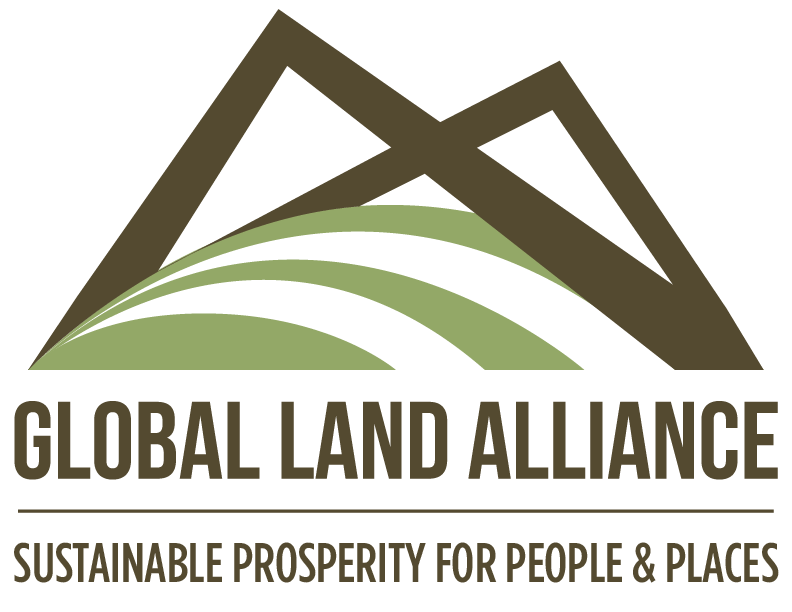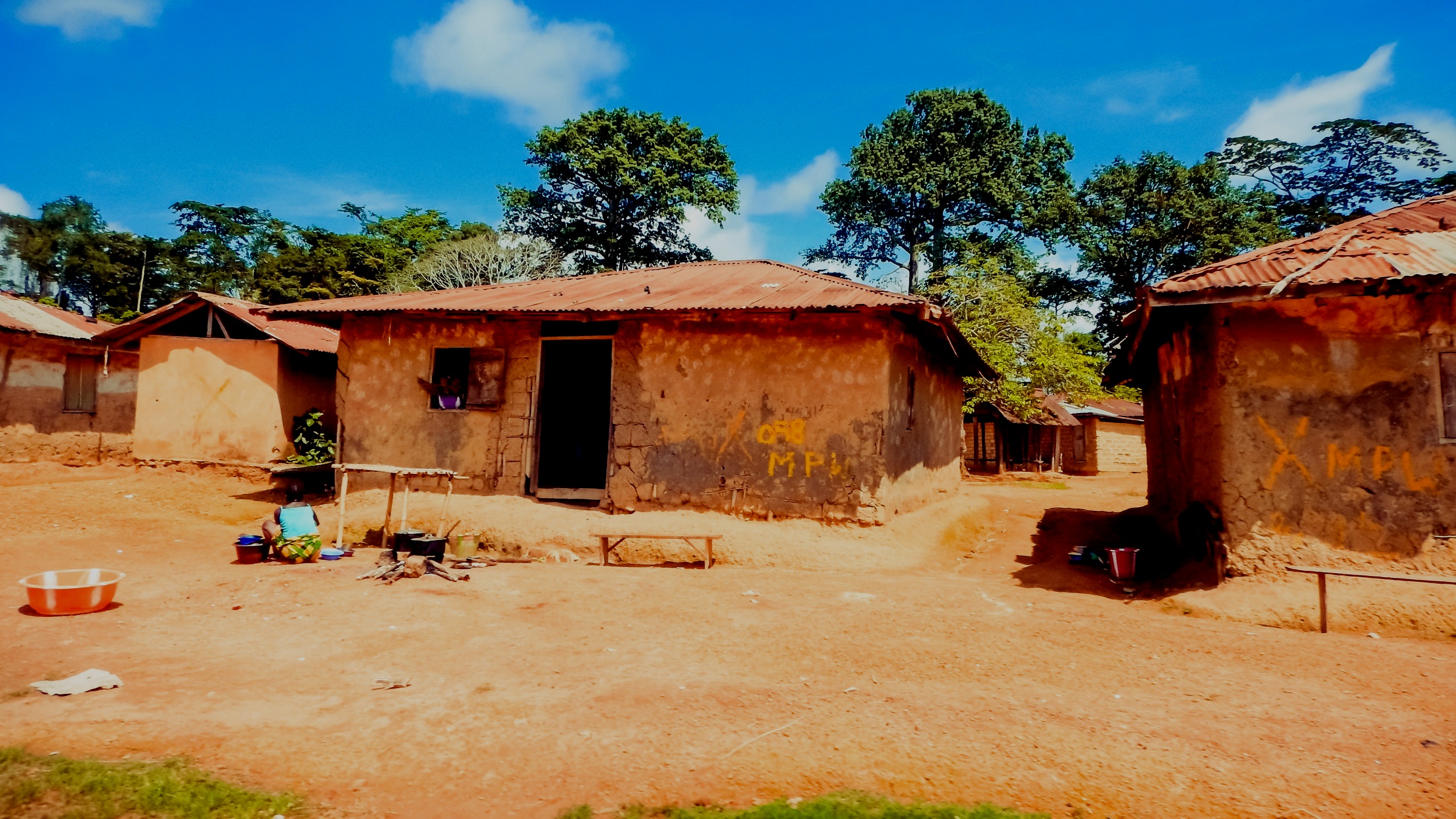This summer, Global Land Alliance (GLA) spoke with Aurora Conley, Vice Chair of the Anishinaabe Environmental Protection Alliance and of the Bad River Band of Lake Superior Chippewa. We discussed with community leaders to better understand their voices, actions and leadership in the struggle against encroachment from Enbridge Energy Corporation. We also explored, how different levels of the US government handled treaty rights in their ceded and unceded territories, consulted or sought Free, Prior and Informed Consent (FPIC) processes, and how they see the Line 5 pipeline interacting with sovereignty over the land and waters their communities have long stewarded.
Read MoreThe full-scale war by the Russian Federation against Ukraine has already lasted for more than six months, and its toll is immense. Many thousands of civilians and tens of thousands of combatants have been killed. About 14 million Ukrainians have fled their homes and more than 1.2 million families have their homes damaged or destroyed. The losses to property include not only the physical destruction and damage of buildings and productive land plots, but also looting, forced evictions and contamination with explosives, as well as damage of critical infrastructure (water, electricity, heating supplies, roads, social service infrastructure).
Read MoreLand tenure security is one driver of success in sustainable agriculture for food security. Here, we review the global rhetoric and evidence trends and map the evidence against both Sustainable Development Goal 2 and the World Food Program definition of Food Security. We recognize how conflict, impacts of climate change, and large-scale land-based investments interact over time with local land tenure, resulting in consequences for sustainable agriculture and food security.
Read MoreIn Brazil and around the world, insecure property rights prevent families from feeling confident about the future, businesses from investing, and communities from becoming more productive and engaged in politics due to lack of recognition. Many residents of Brazil’s favela communities with informal legal recognition of property rights face such threats of insecurity or eviction. Terra Nova, a private social enterprise, is innovating an alternative financially sustainable, and scalable alternative solution to regularizing legal status and bringing infrastructure and services to favelas located on privately-owned land.
Read MoreIn her documentary film PUSH, Leilani Farha, United Nations Special Rapporteur on the Right to Adequate Housing, reveals the human toll that global gentrification trends are taking, by capturing the personal testaments of those living in cities around the world who are experiencing the particular kind of housing insecurity that results from these trends.
Read MoreIn Bangladesh the residents of long-term internal displacement camps (known locally as the “Bihari Camps”) are considering the CLT (Community Land Trust) as a tool to help them resolve their tenure insecurity and inhumane living conditions. There are currently 116 camps across the country, housing over 160,000 individuals, who were meant to be “repatriated” to Pakistan following the civil war in 1971, which led to the birth of an independent Bangladesh.
Read More






